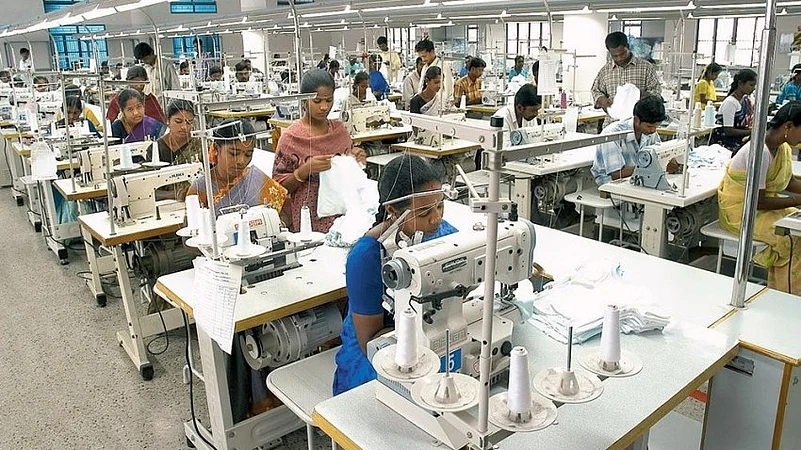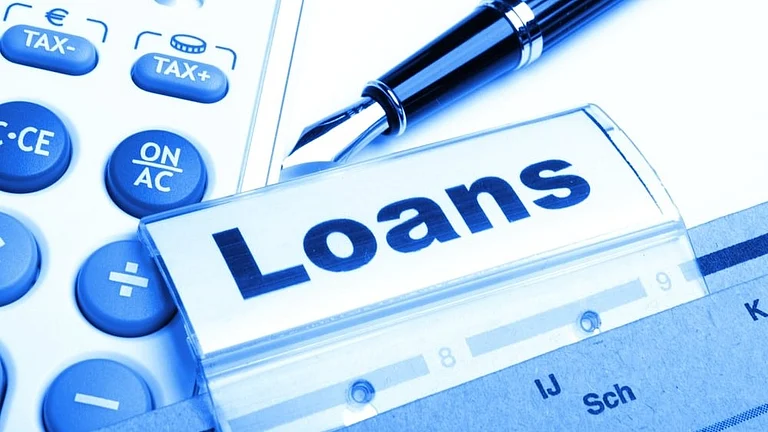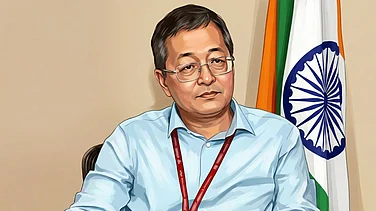
RBI may double collateral-free loan limit for MSEs under CGS.
Move aims to aid MSEs amid US tariff pressures on Indian goods.
Scheme change needs only RBI notification; rest terms remain unchanged.
CGS assures lenders 75–90% repayment if MSE defaults.
The Reserve Bank of India (RBI) may increase the limit of collateral-free loans for micro & small enterprises (MSEs) from Rs 10 lakh to Rs 20 lakh, under the central government’s Credit Guarantee Scheme (CGS). This step will enable the MSEs to get access of more capital, at a time when the sector is expected to face the heat of the US tariffs.
Speaking to Moneycontrol on the condition of anonymity, two government officials aware of the matter said, "The department of financial services recently held meetings with the RBI, and the central bank is on board with the enhancement of the scheme limit.” Meetings with banks are currently underway, he added.
One of the officials said, “No cabinet approval is required – only a notification is needed to modify the scheme,” He further mentioned that other than doubling the limit, rest of the scheme will remain the same and it is in favour of the MSMEs .
The scheme is expected to be notified after the Parliament session ends on August 21.
Managed by Credit Guarantee Fund Trust for Micro and Small Enterprises (CGTMSE), the CGS was introduced in 2010 and seeks to reassure the lender that if a MSE unit, which availed collateral-free credit facilities, fails to pay the money back, the trust will pay 75-90 percent of the outstanding amount.
Talking regarding the matter, the other official said,"There is a need to support the MSEs at this time… the government is conducting inter-ministerial discussions to come up with steps to help them grow amidst external uncertainties.”
US President Donald Trump raised tariffs on Indian goods to 50 percent, few days back. The 25 percent tariff imposed slightly before this, came into effect from August 7. The so-called penalty for buying Russian oil will kick in from August 27.
As of now, India and the US have held five rounds of talks for a bilateral trade agreement (BTA) but have failed to make a breakthrough, with opening of India’s agriculture and dairy sectors emerging as a major point of contention.
Prime Minister Narendra Modi on August 7 said he won't compromise on farmers' interests and was ready to pay a “heavy personal price”, hours after the US imposed the 25 percent Russia penalty on India.


































